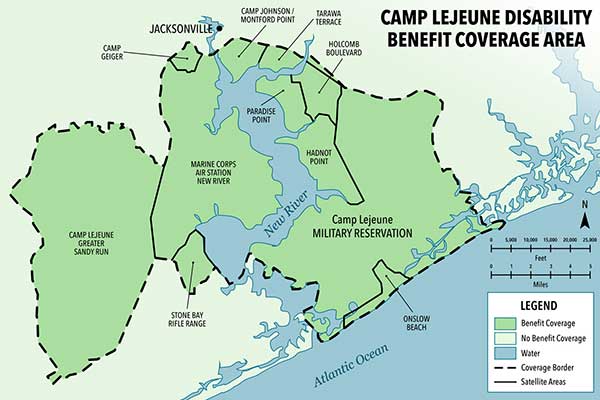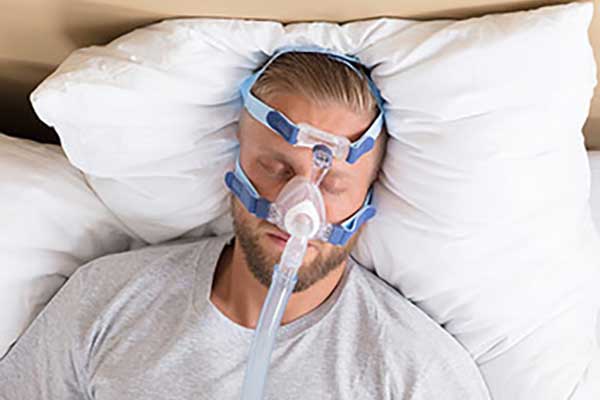

Study: Toxic Water on Camp Lejeune Linked to Accelerated Parkinson’s Disease Progression
Marine Corps and Navy personnel exposed to contaminated water on Camp Lejeune may have a higher risk for faster progression of Parkinson’s Disease, study finds.
A new study published in the journal Movement Disorders suggests that members of the U.S. Marine Corp and the Navy who were exposed to toxic water on Camp Lejeune may face more than twice the risk of experiencing an accelerated progression of Parkinson’s disease compared to people who were not exposed to trichloroethylene (TCE) and other volatile organic compounds or industrial chemicals. Servicemembers living on Camp Lejeune between 1953 and 1987 were exposed to toxins in their drinking water, which was later linked to Parkinson’s disease and several other types of illnesses and heath conditions.
TCE is a chemical that has been used as a solvent for degreasing metal parts, but it appears to have toxic effects on humans. The chemical is banned from use in Europe.
The study, funded by the U.S. Department of Veterans Affairs, piggy backs on a May 2023 study suggesting that Camp Lejeune veterans have a 70% higher risk for developing Parkinson’s, a central nervous system disorder, compared to servicemembers stationed at other bases in the U.S. The study found, after analyzing the health records from 340,000 servicemembers stationed at Camp Lejeune between 1975 through 1985, that TCE levels were 70-fold more than permissible amounts. During this 10-year period, TCE levels in the water at the base were at their maximum.
For this new study, the researchers tracked veterans who had lived at Camp Lejeune between 1975 and 1985. These military personnel were residents at the base for a median of approximately two years. The researchers accessed health databases to identify those who developed Parkinson’s.
While symptoms of Parkinson’s disease are often marked by motor problems, mental health problems can also occur, such as psychosis. The researchers wrote, “The hazards of psychosis, fall, and fracture were all twice as high in former Camp Lejeune residents with [Parkinson’s] who had been exposed to organic solvents in their residential water supply 40 years prior than in those who were not residentially exposed.” The amount of time before experiencing a fall or fracture also was shorter for those who were exposed to volatile organic compounds like TCE and developed Parkinson’s. Both falls and fractures were more than two times as likely to occur in Camp Lejeune veterans who were exposed than in those who were not.
Wondering if You Are Eligible to File a Claim?
The Camp Lejeune Justice Act of 2022 provides a cause of action against the U.S. government. The Act opened a two-year window of time for servicemembers and their families to file claims for the injuries they sustained due to the contaminated water. This means that anyone who lived or worked at Camp Lejeune between 1953 and 1987 for at least 30 days, was exposed to contaminated water, and harmed by such exposure may take legal action. Even people who were born during that time may be eligible to file a claim, having been exposed to the toxic water while in utero.
However, claimants only have a limited amount of time left to file their claims. By August 9, 2024, the window will close and no further claims will be allowed to be filed. With the deadline approaching, we encourage anyone who thinks they may have a claim to contact us today. Don’t miss your opportunity to seek compensation for your injuries.
Just a Few Days Remain to Make a Camp Lejeune Claim
If you lived or worked at Camp Lejeune in North Carolina between 1953 and 1987 and believe your cancer or other serious injury was caused by water contamination, contact us today. You only have until August 10th to make a claim and potentially secure compensation for your injuries.









